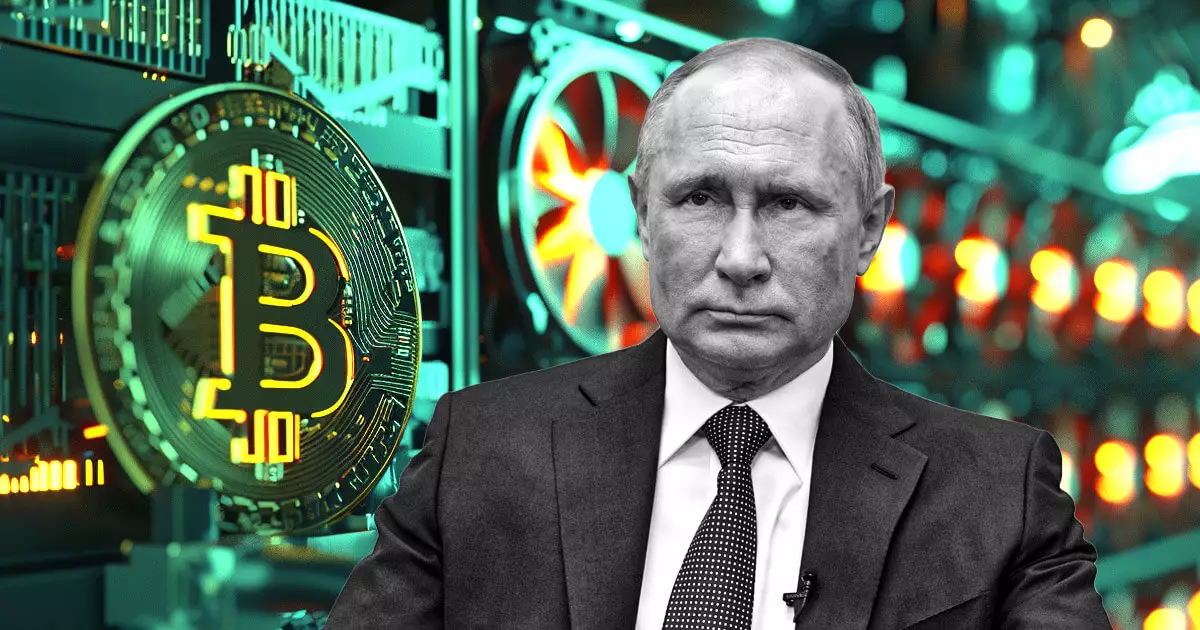During a meeting on July 17, Russian President Vladimir Putin expressed his concerns regarding the potential power shortages that could arise due to the uncontrolled electricity consumption of Bitcoin and other crypto mining facilities in various regions of the country. He highlighted areas such as the Irkutsk region, Buryatia, and Trans-Baikal Territory as already experiencing issues. Putin emphasized the severity of the problem, stating that it could have serious consequences for enterprises, residential areas, and social facilities, potentially disrupting investment and infrastructure projects.
Putin revealed that crypto mining in Russia consumes a staggering 16 billion kilowatt-hours (kWh) of electricity annually, accounting for 1.5% of the country’s total electrical consumption. He noted that this figure is on the rise, attributing it to Russia’s low electricity prices and the ease of relocating mining equipment. To address these issues, Putin outlined plans for federal mining legislation, including regulations on taxation and tariffs.
Regulatory Measures and Legislation
In response to the growing concerns, Russian lawmakers are set to discuss draft legislation that would restrict large crypto-mining operations to approved companies only. The government would also have the authority to prohibit mining in regions facing energy shortages. Additionally, a draft bill aimed at decriminalizing crypto mining in Russia while banning crypto circulation has received approval from the State Duma Committee on the Financial Market. It is worth noting that Russia currently prohibits crypto settlements but not circulation.
Aside from addressing the challenges posed by crypto mining, Putin also emphasized the need to expand the central bank’s digital currency, the digital rouble. He highlighted the success of the digital rouble pilot program, reporting over 27,000 transfers and 7,000 payments for goods and services. The program involved the participation of 12 banks, 600 individuals, and 22 trade and service enterprises across 11 cities. The Central Bank of Russia launched the pilot program in August 2023, signaling a commitment to exploring the full-scale implementation of the digital rouble.
The impact of crypto mining on power shortages in Russia has become a pressing issue that requires immediate attention and regulatory intervention. As the country grapples with escalating electricity consumption from mining activities, balancing economic growth with sustainable energy practices is crucial for long-term stability and development. Putin’s warnings and proposed measures illustrate the complex challenges at the intersection of cryptocurrency, energy consumption, and regulatory oversight.


Leave a Reply